2023 Statement on Gaza
We are witnessing a genocide unfold in Palestine 75 years after the Nakba, the ongoing mass expulsion of nearly a million Palestinians from their homes to create the state of Israel in 1948. As a group of librarians, archivists, and other information workers committed to justice in Palestine, we have worked to understand how history has been distorted to provide cover for the entrenchment of decades of Israeli colonization. We have visited the remains of the northern village of Saffourieh, one of hundreds razed to destroy the memory of its indigenous inhabitants. We have heard our Palestinian colleagues chronicle the destruction of their archives and their struggle to preserve community records that connect Palestinians to the land. Today, we see another chapter in Nakba as Israeli Occupying Forces (IOF) carry out air strikes across Gaza, and now the West Bank. At the time of writing, 1.5 million Gazans, most of whom are refugees from prior Israeli aggression, have been displaced from their homes while the blockade shuts out essential food, water, fuel, and medical supplies. Today, we call for honesty on the past and present. We call, above all, for freedom and justice for Palestinians.
The steadfast struggle of the Palestinian people for freedom is sustained by the long-enduring Palestinian collective memory that decades of exile and repression have failed to eradicate. This memory is held in house keys still worn on chains around necks, is found in oral histories and family archives, is present in the work of artists and writers, and is heard in the calls of refugees now reverberating around the world. As we stand with all who keep and honor this history, we offer special solidarity to our fellow librarians and archivists in Palestine.
At this critical moment, we must put our tools as information workers to use. Support for Israel’s present actions builds on a surging wave of disinformation, the latest in a longstanding campaign to normalize Israeli colonization and violence. Those of us who live in countries providing support to Israel have a special obligation to strengthen our media literacy and dispel misinformation.
We call on all people to take the following actions:
- Educate yourself on the historical background and root causes of present events so that your actions and words are well-informed.
- Watch out for “neutrality bias.” Many news sources work to present each “side’s” claims without independent investigation or contextualization, allowing disinformation to spread and obscuring the nature of events taking place.
- Stand against censorship and with academics, activists, and journalists who have spoken truthfully about the situation in Palestine only to face professional losses and other efforts to silence their voices.
- Have those difficult conversations with your community and call out Israel’s treatment of Palestinians.
We recommend Decolonize Palestine as an accessible starting place to learn more about Palestine. Librarians and Archivists with Palestine have developed a resource list for news sources and continued study.
Finally, we affirm that freedom in Palestine is intertwined with the global struggle against racism and imperialism. These forces stand between us and a world in which all peoples can exchange information and ideas. As information workers who strive to foster dialogue and learning, bringing down these barriers is our highest calling. From this position, we stand firmly with the right of all peoples to resist oppression.
In support of our colleagues in Palestine, in support of the Palestinian people, and in support of justice for all people we issue the following demands:
- We demand that the right to information be upheld as an essential component of human liberty and call for human rights groups and government bodies to exert pressure for the restoration of internet access to Gaza alongside other humanitarian provisions.
- We urge the international community of information workers to heed the Palestinian call for boycott, divestment, and sanctions (BDS) and for US workers to learn about attempts to legislate against BDS, constituting serious threats to first amendment rights.
- We appeal to all information workers to educate themselves about Israeli war propaganda and work towards dispelling it through actions such as collection development, public programming, and academic instruction that include Palestinian voices and rectify distorted narratives.
- We insist our governments end military assistance to Israel, diplomatic cover for Israeli contraventions of international law, and all other forms of support for the occupation of Palestinian land.
- We call for the immediate entry of humanitarian aid into Gaza, the cessation of attacks, and a permanent end of the siege.
- We call for a total and complete end to Israeli occupation and for the right of return of all Palestinians to be honored.
It is through these conditions that a just and enduring peace can be sustained.
Endorsements:
Abolition in Special Collections
Abolitionist Library Association
Archival Workers’ Collective
Asian Pacific American Librarians Association
Bi Pan Library
BPL Workers with Palestine (Brooklyn, New York)
Community Archival Resource Project (Oakland, California)
Community Archives Collaborative
Disability Archives Lab
Halemi Lehar
Middle East Librarians Association
Prison Library Support Network
Publishers for Palestine
QT Library (Boston, Massachusetts)
Tamarack Free Library (Oakland, California)
Texas After Violence Project
up//root
Vancouver Black Library
